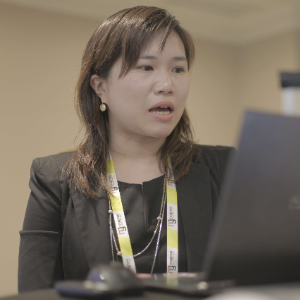Title : De novo status epilepticus is associated with adverse outcome: An 11-year retrospective study in Hong Kong.
Abstract:
Theclinical characteristics of Chinese adults patients presenting with status epilepticus to intensive care units were be discussed. A retrospective review was performed on patients admitting to the intensive care units with status epilepticus ( SE ) over a 11-year period from 2003 to 2013 in Hong Kong. A total of 87 SE cases were analyzed. The mean age of patients was 49.3 (SD 14.9).Twenty four subjects (21 %) hadbreakthrough seizure, which was the commonest etiology for status epilepticus. Seventy eight subjects (90 %) had convulsive status epilepticus (21 %) and 9 subjects (10%) had nonconvulsive status epilepticus ( NCSE ) on presentation. The 30 day mortality rate of all subjects was 18.4 %. Older age was an independent predictor associated with poor outcome (odds ratio 1.08, 95 % confidence interval, CI 1.03 to 1.13). There were significantly more patients without history of epilepsy developing non-convulsive status epilepticus (15.5 % Vs. 0 %, p=0.03). Besides, those without history of epilepsy were more likely to have poor outcome upon discharge (56.9% Vs. 24.1 %, p=0.004).
Conclusions: For patients admitting to intensive care units presenting with status epilepticus, there were significantly more patients without history of epilepsy developing non-convulsive status epilepticus, and those without history of epilepsy were more likely to have poor outcome upon discharge. Older age was an independent predictor associated with poor outcome. Continuous EEG monitoring would help identifying NCSE and potentially help improving clinical outcomes.
Audience take away:
The key findings of this retrospective review will be stressed
- De novo status epilepticus is associated with higher risk of developing non-convulsive status epilepticus.
- De novo status epilepticus is associated with poorer outcome.




